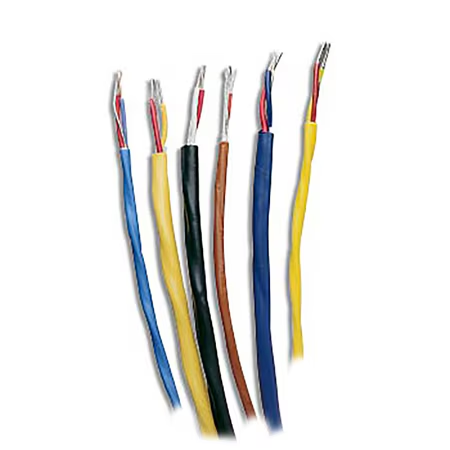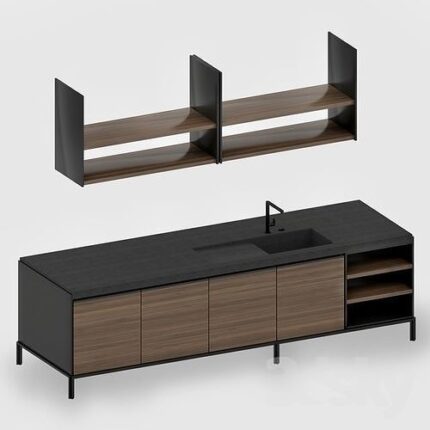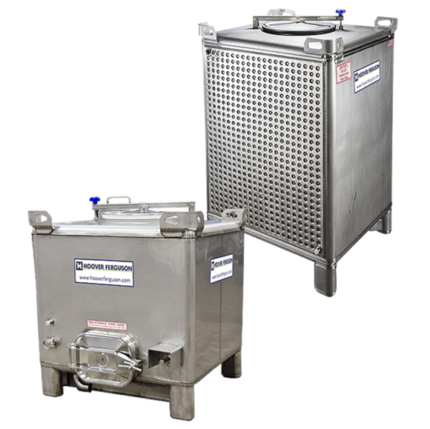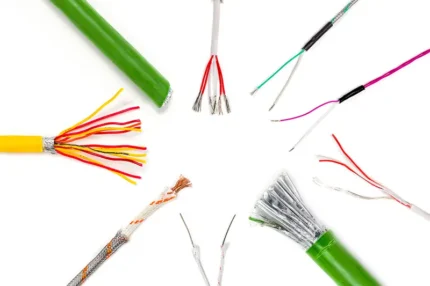Description
Thermocouple extension wires play a crucial role in the accurate measurement of temperature in various industrial and scientific applications. These specialized wires are designed to transmit the millivolt signals generated by thermocouples, which are temperature sensors made from two different metal conductors. The choice of thermocouple extension wire material is essential, as it must match the type of thermocouple in use to ensure accurate readings. For example, Type K thermocouples typically utilize chromel-alumel wires, while Type J thermocouples are made from iron-constantan wires.
One of the key features of thermocouple extension wires is their ability to retain the thermal characteristics of their respective thermocouple type over long distances. This is important in applications where the temperature measurement point is located far from the data acquisition system, as any Inconsistencies between the thermocouple and the extension wire can introduce errors into the temperature readings. Additionally, the insulation material used in thermocouple extension wires is critical for ensuring high performance in specific environments, with options ranging from PVC to high-temperature ceramics, depending on the intended use.
Furthermore, thermocouple extension wires must be carefully selected for their environmental resistance, as they often operate in harsh conditions. This includes exposure to chemicals, moisture, and extreme temperatures, which can degrade standard wire materials over time. Many manufacturers offer a range of thermocouple extension wires designed to meet the demands of diverse applications, such as food processing, aerospace, and manufacturing. These wires not only enhance the reliability of temperature measurements but also contribute to the overall safety and efficiency of thermal management systems in various industries.
















